Petunias can be red, blue, violet and white. Not orange. Never. Unless they have been genetically modified.
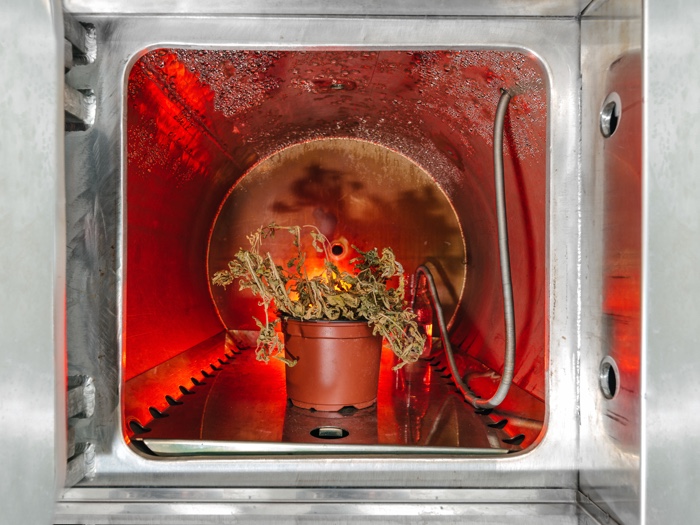
Klaus Pichler, The Petunia Carnage, 2022
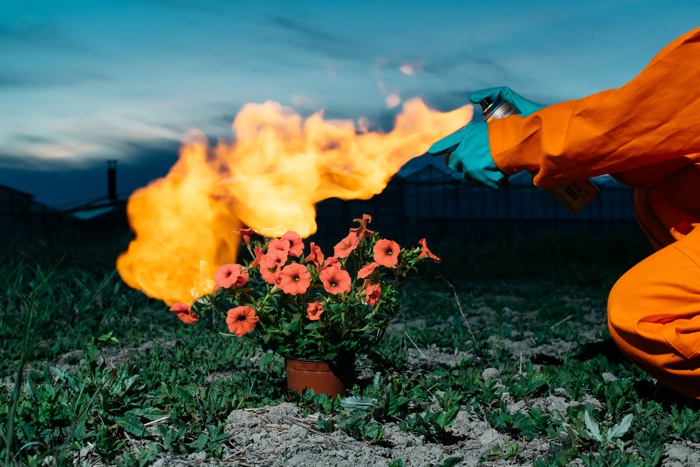
Klaus Pichler, The Petunia Carnage, 2022

Klaus Pichler, The Petunia Carnage, 2022
In 2015, plant scientist Teemu Teeri saw orange petunias in a planter at Helsinki railway station. He took a couple of flowers to his lab for genetic sequencing. As he suspected, the petunias were of transgenic origin. The orange flowers have since been linked to an open-field trial of GM plants that took place at the Max Planck Institute for Plant Breeding Research in Cologne in 1991.
The experiment involved the insertion of a gene sequence from maize into white petunias to make them bloom orange. No one seems to know how the petunias managed to ‘escape from the lab’ and how, 25 years later, they were sold all over Europe and the US without permission.
Things quickly got out of hand. On 27 April 2017, Finland’s food safety body called for eight petunia varieties to be removed from the market. Other European nations soon followed suit. By October 2017, the U.S. Department of Agriculture’s Animal and Plant Health Inspection Service had confirmed more than 70 petunia varieties to be transgenic. Seed companies, flower breeders and retailers were required to uproot and burn petunias from their stocks. Orange petunias became illegal.
The so-called “petunia crisis” caused 30 million euros in damages in the EU alone.
After reading the story of orange petunias in a science journal, photographer Klaus Pichler decided to reconstruct the chronology of the case, with the help of the researchers and other protagonists of the botanical crisis. The result combines speculative elements with rigorous scientific material to explore the impact that biotechnology, commercial logic, legislation and socio-political values can have on our concept of “nature”.
In 2021, the USDA and APHIS announced that the A1-DFR gene-containing petunias, aka the “orange petunias”, could be sold again in the U.S. market.
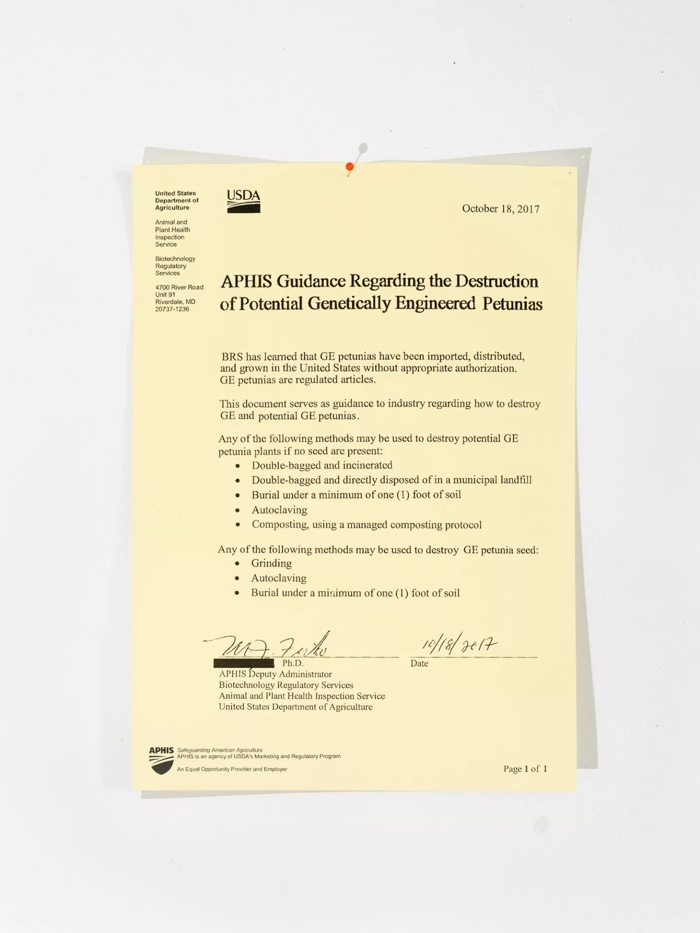
Klaus Pichler, The Petunia Carnage, 2022
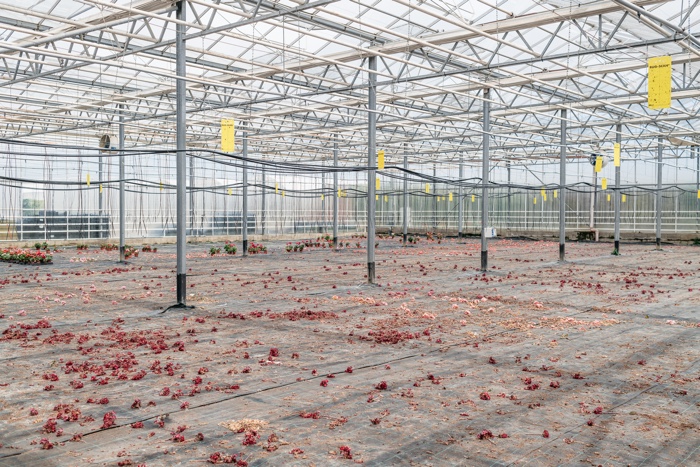
Klaus Pichler, The Petunia Carnage, 2022
I discovered the series last week while visiting the BIP/Biennale de l’Image Possible in Liège. This year, the event is exploring the many transformations and metamorphoses that shape contemporary society. The exhibition is brilliant. Proper report will follow…
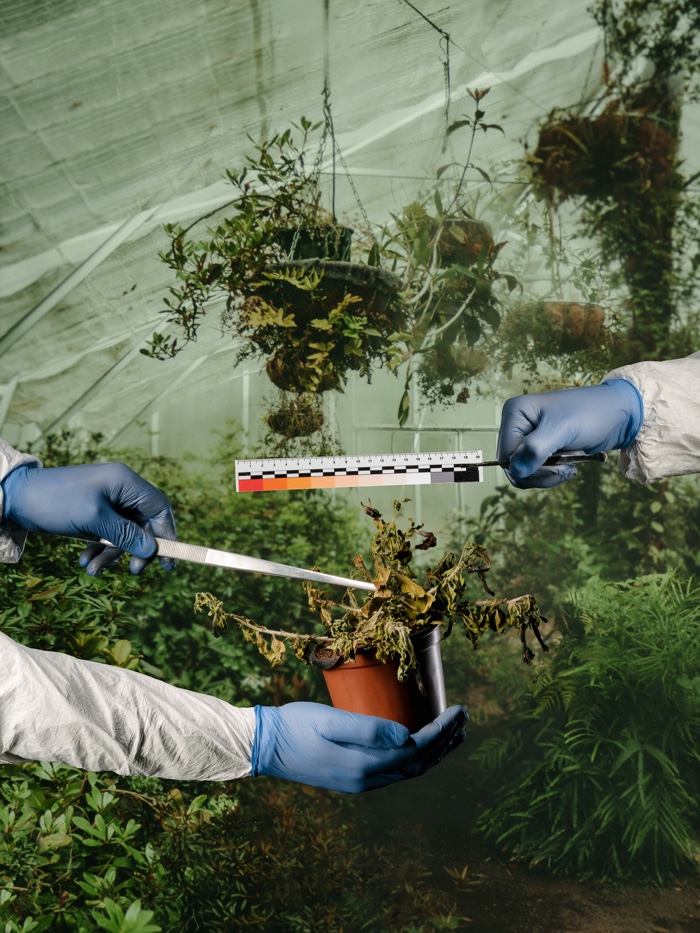
Klaus Pichler, The Petunia Carnage, 2022
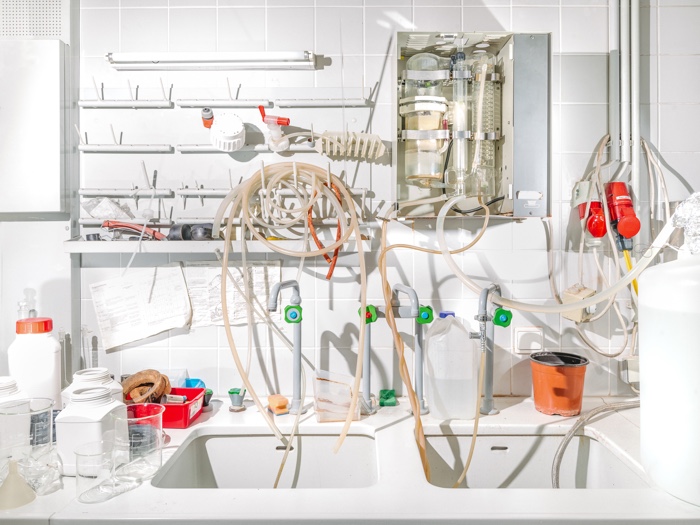
Klaus Pichler, The Petunia Carnage, 2022
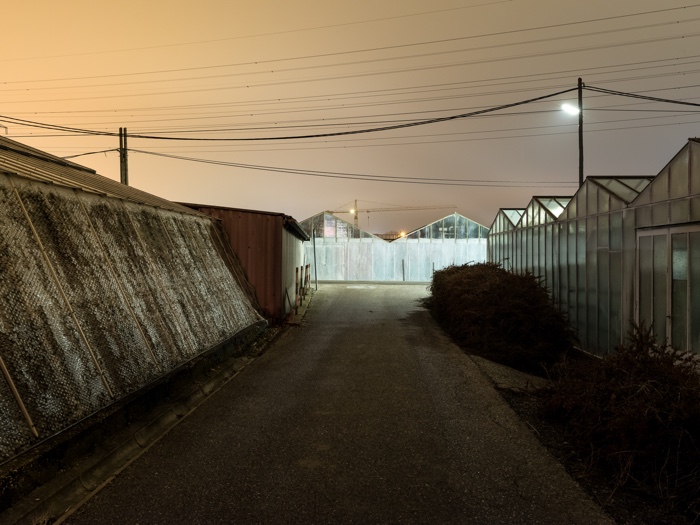
Klaus Pichler, The Petunia Carnage, 2022

Klaus Pichler, The Petunia Carnage, 2022
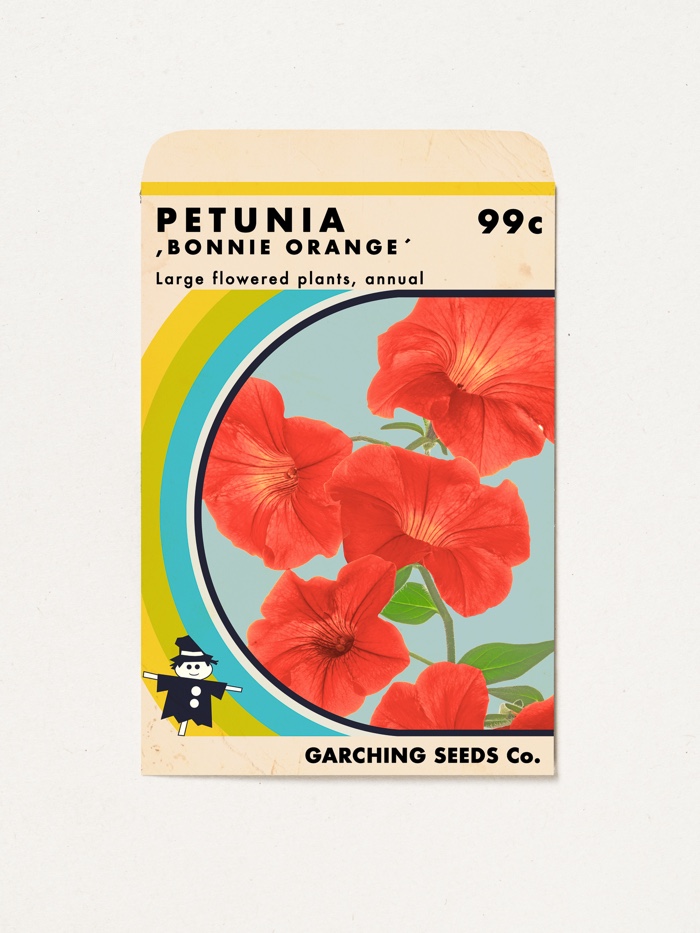
Klaus Pichler, The Petunia Carnage, 2022
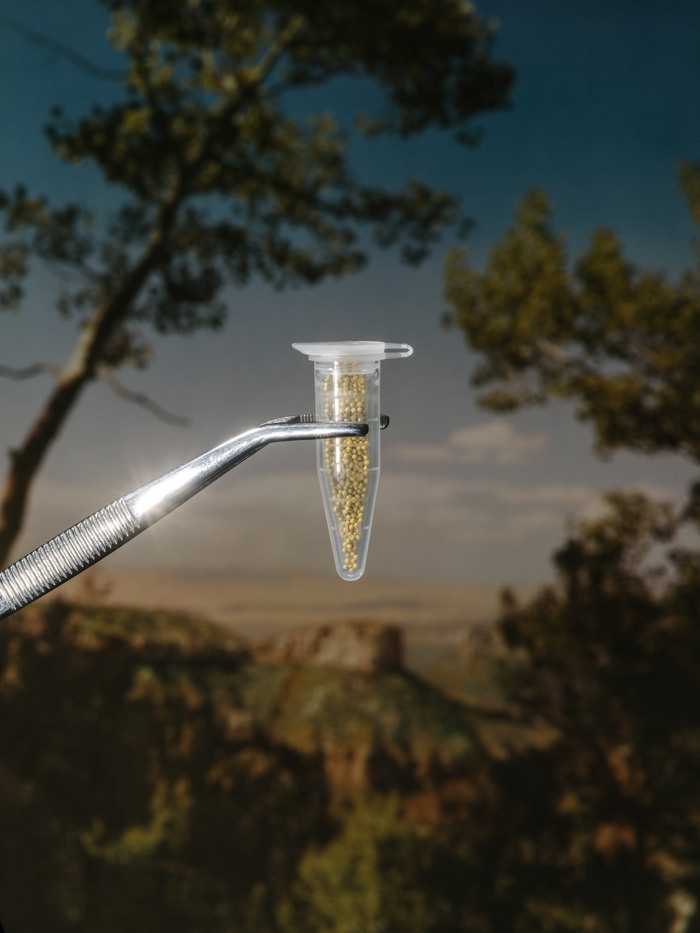
Klaus Pichler, The Petunia Carnage, 2022
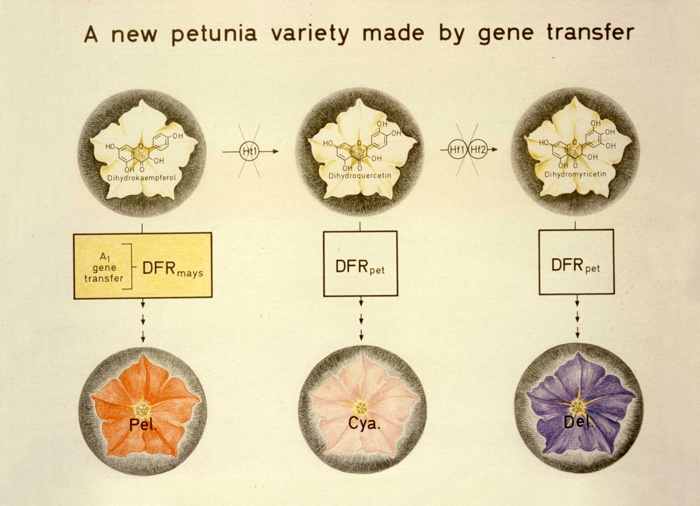
Klaus Pichler, The Petunia Carnage, 2022
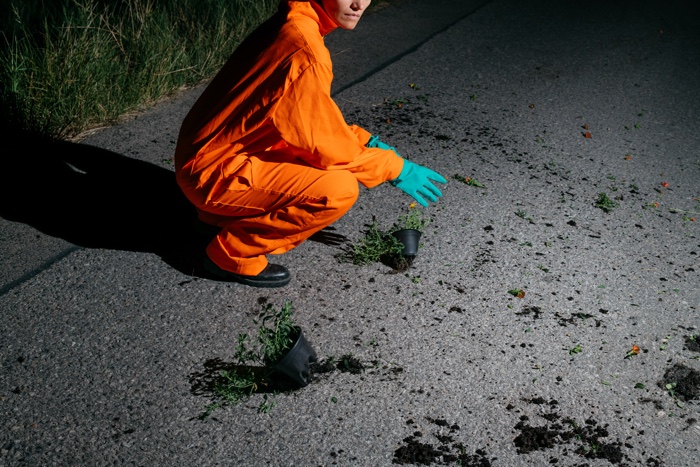
Klaus Pichler, The Petunia Carnage, 2022
The BIP/Biennale de l’Image Possible remains open until 01.06.2024 at Ancienne bibliothèque Chiroux in Liège, Belgium.
